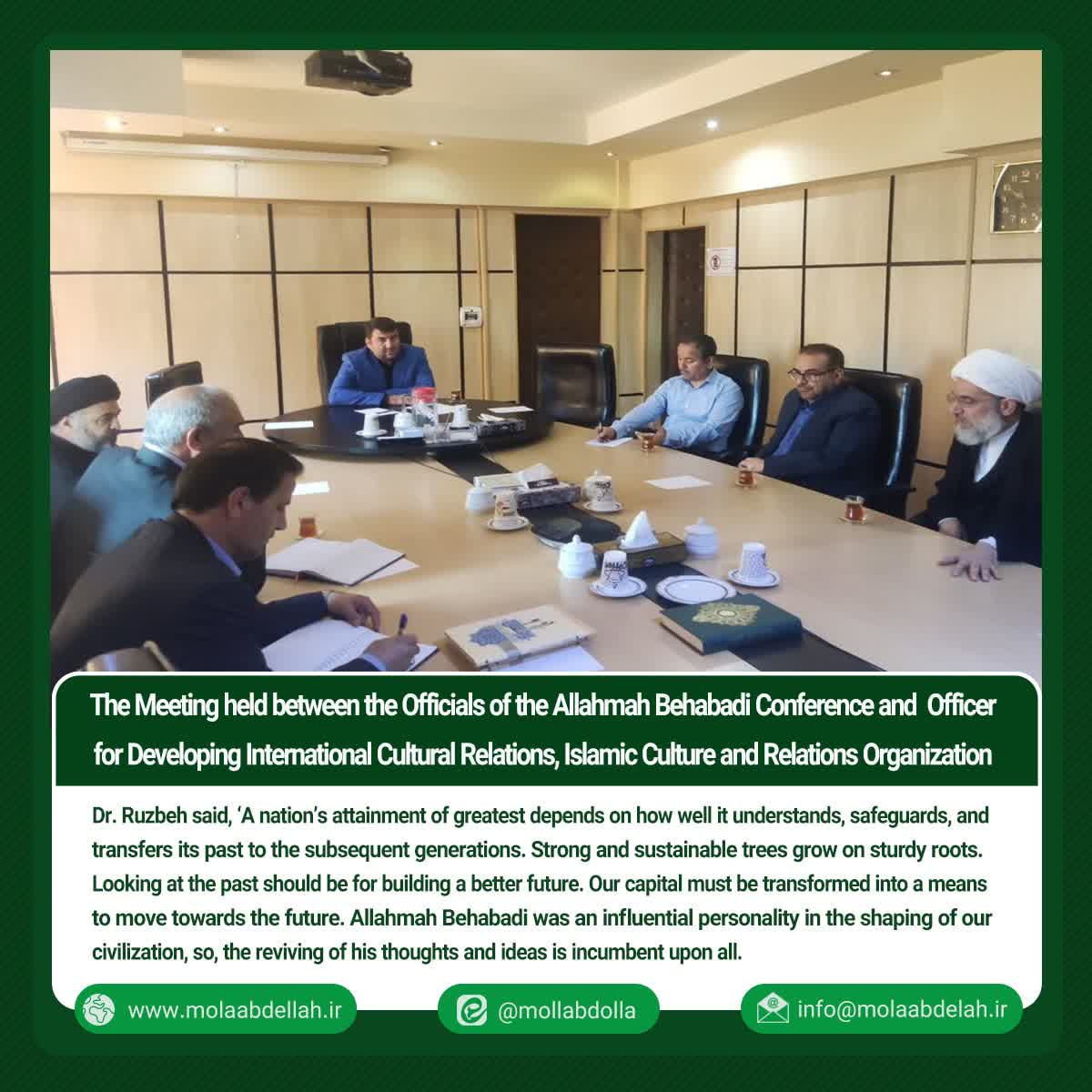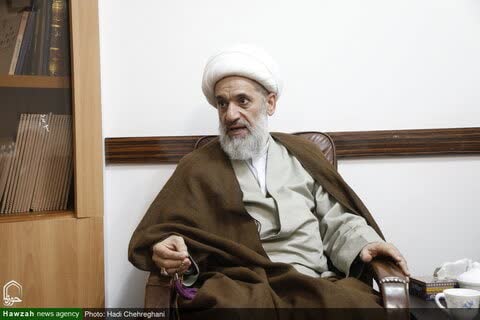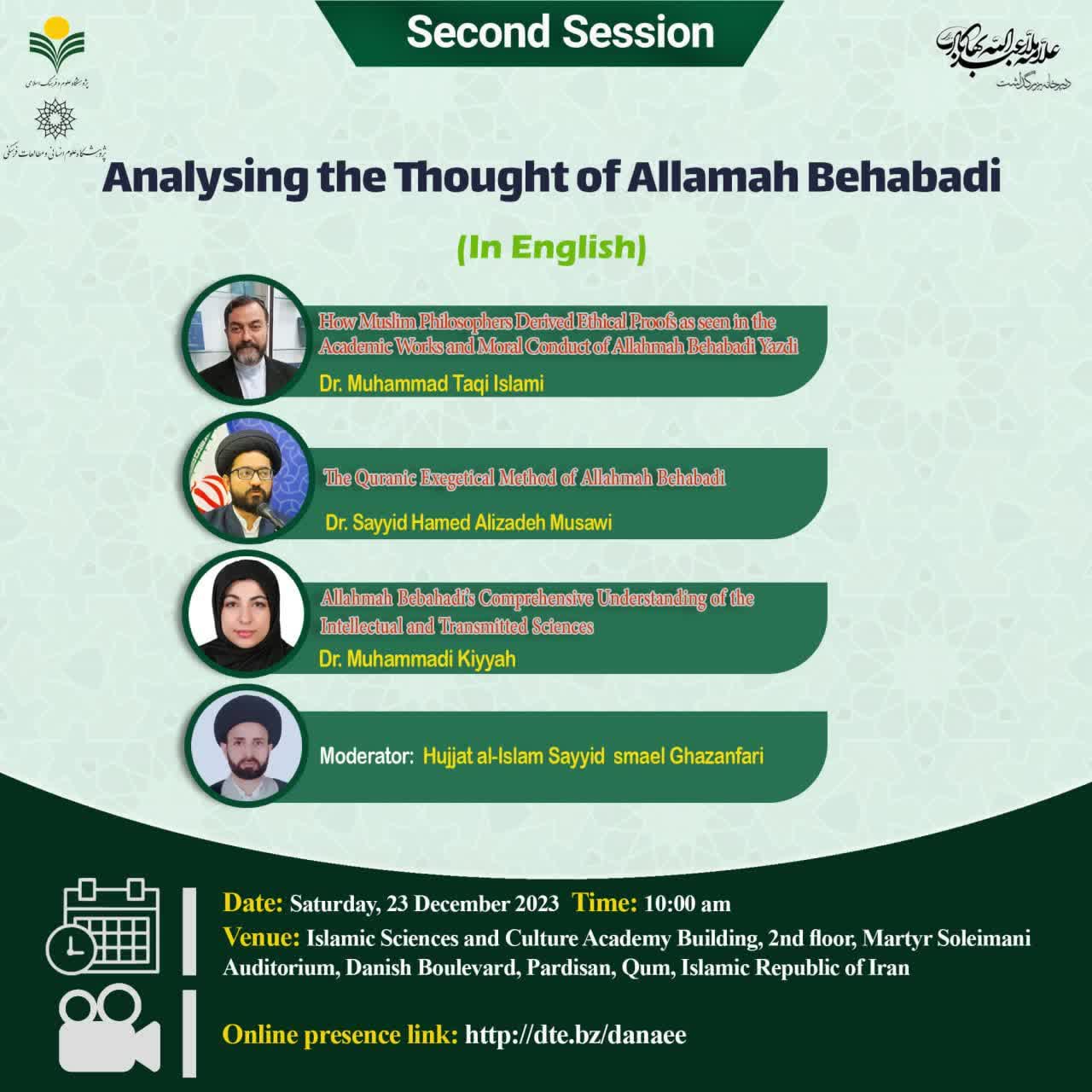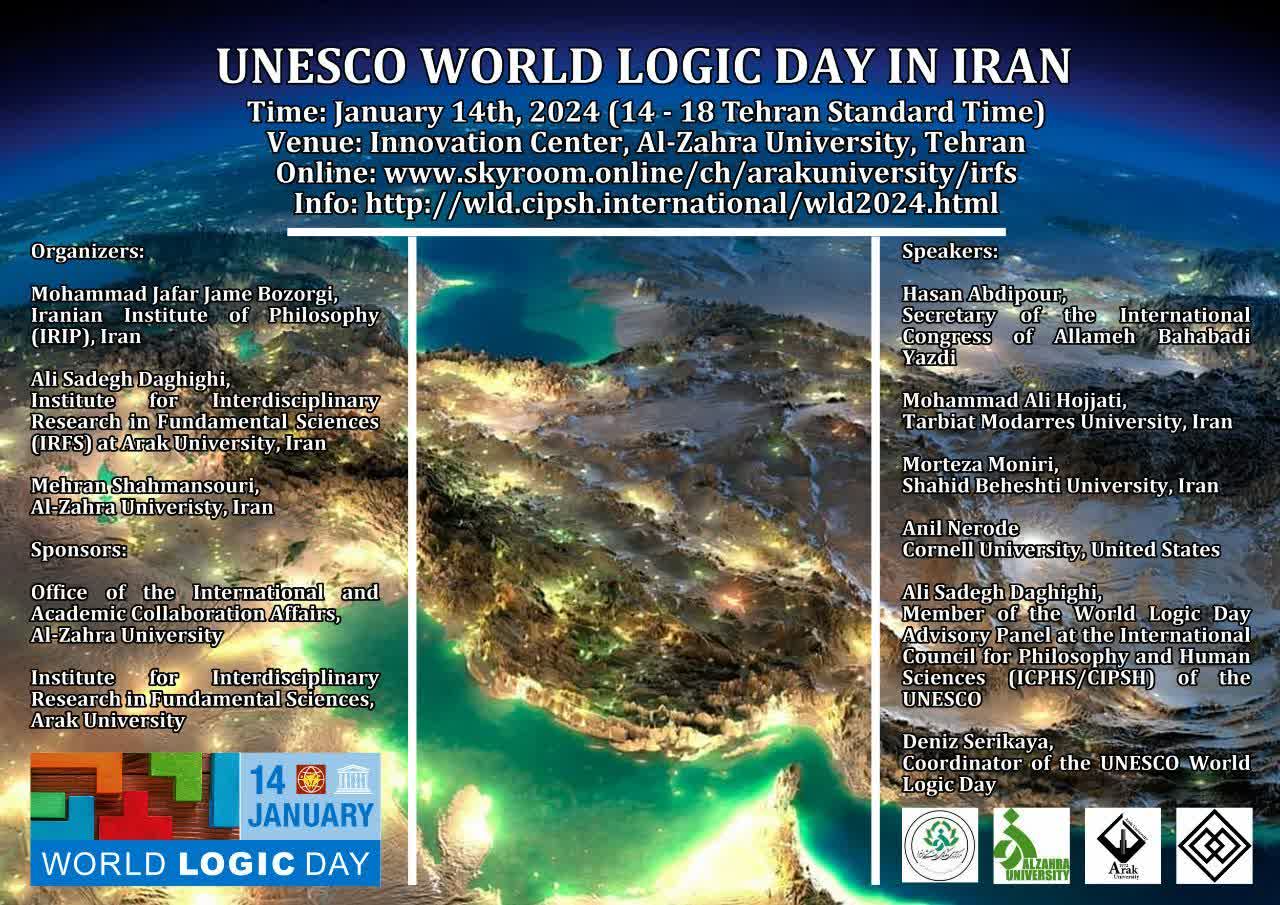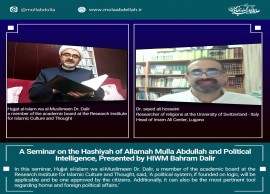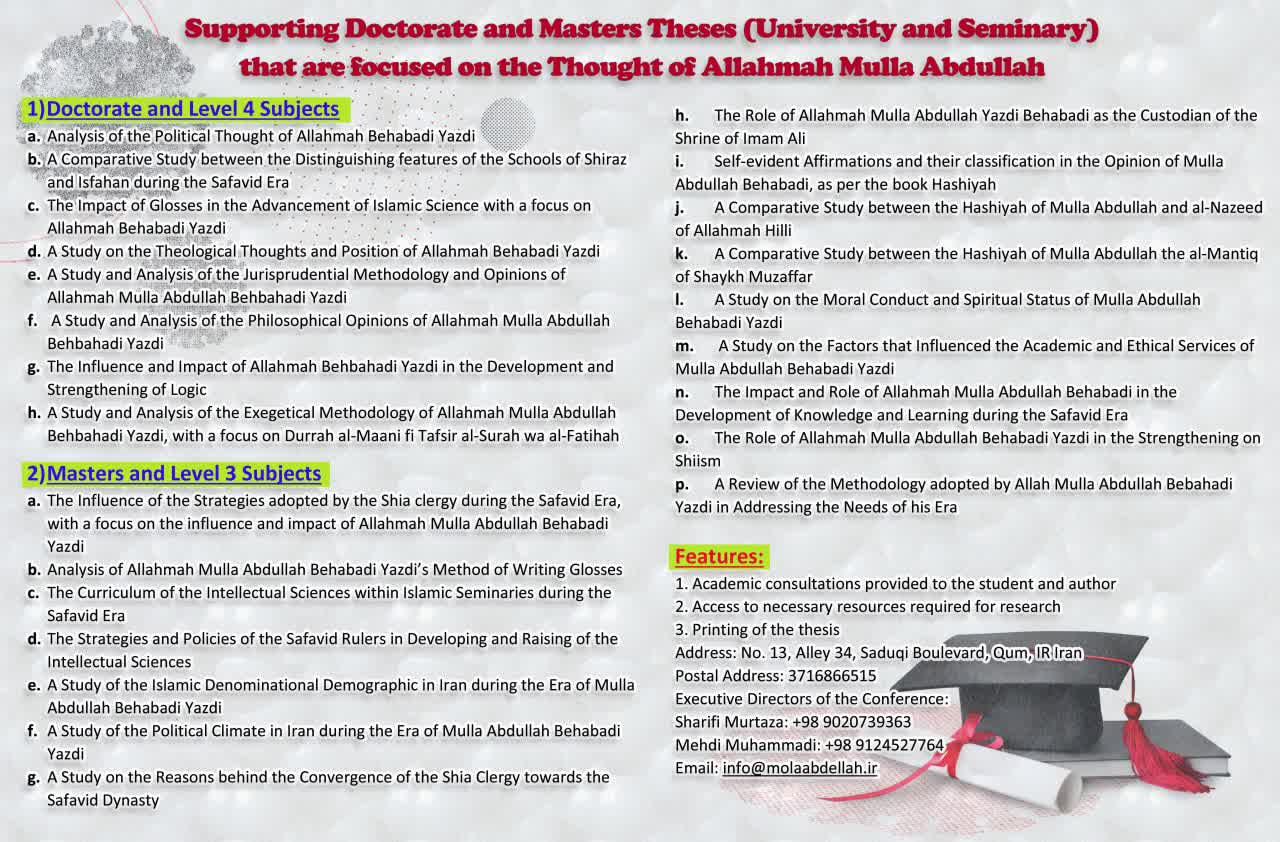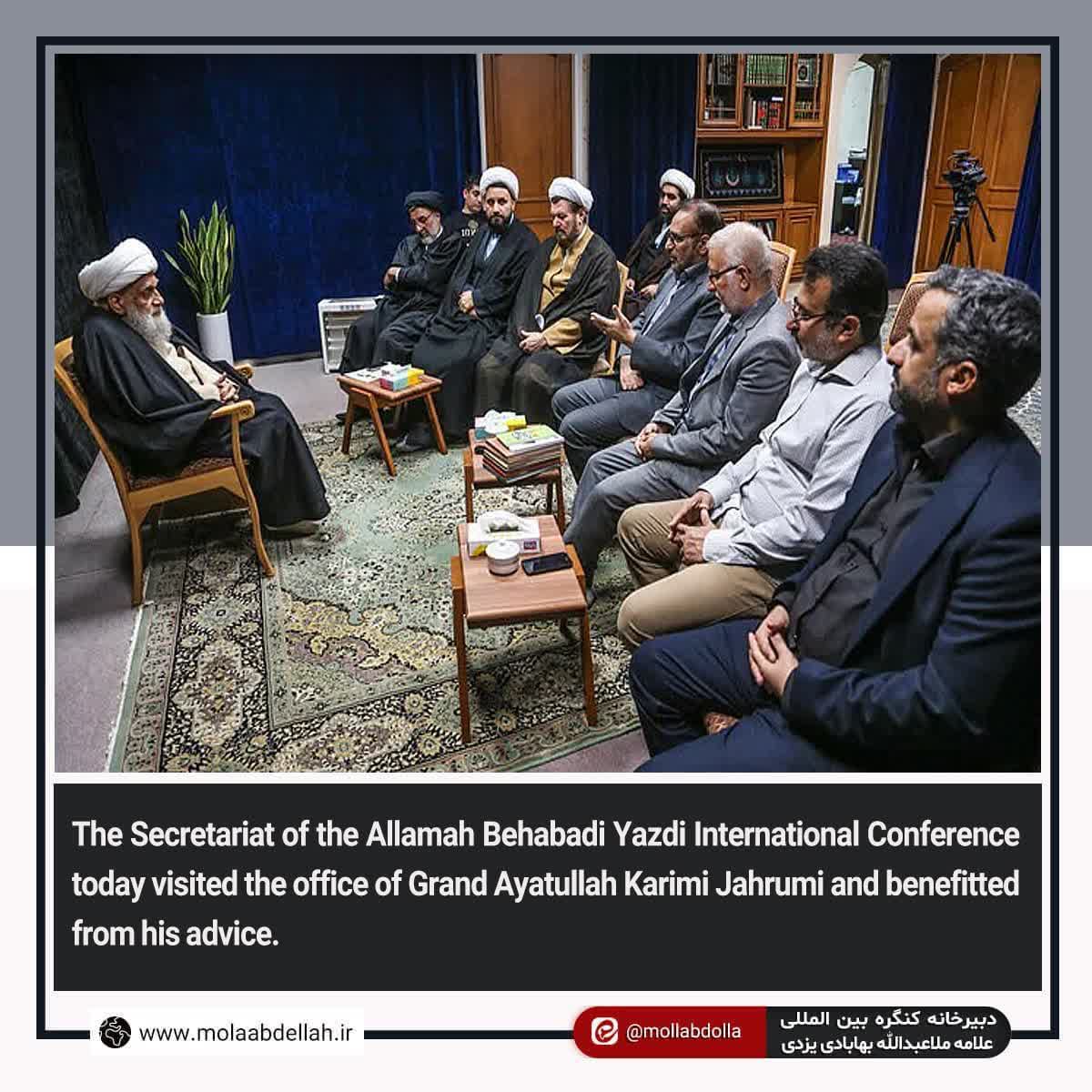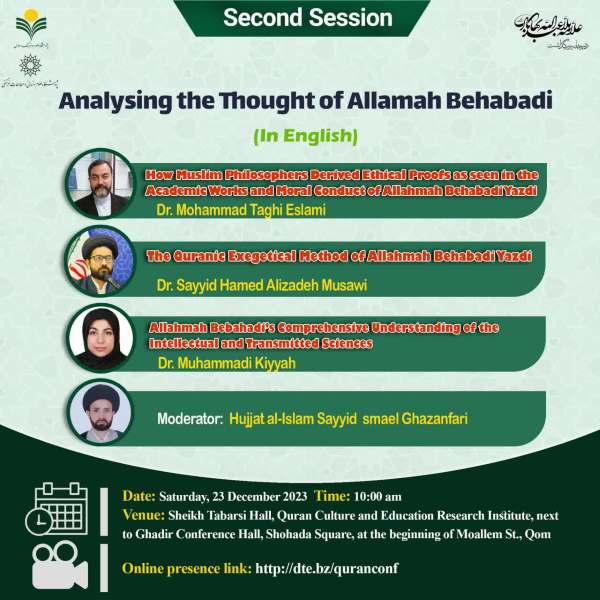-
Some scholars and researchers believe that writing glosses and interpretations on other works bespeaks of lack of authenticity in one's intellectual career. What's your idea in this regard?
This can be the case only when a weak scholar seeks to show off through attaching his name as an interpreter to a classic text. However, we have some interpreters and gloss writers in the history of Islamic sciences whose names are certainly a credit to be appeared on a work. It suffices one to name Khajeh Nasir Tusi and Mulla Sadr whose glosses on master works of Avicenna and Suhrewardi are of great significance. Mullah Abdullah's glosses on Taftazani's work are of the same status. He lived in an era when writing gloss was indeed a sign of scholarship. It is interesting to note that these glosses include some ideas that have just been broached in the west. Unfortunately we do not work sufficiently on these ideas and leave them unnoticed.
How can we revive such precious intellectual heritage for next generations?
We need to work on them in their historical context and in the light of the problems of their own time. Even such works as Mullah Abdullah's gloss on logic have to be glossed on again. These glosses will clear the path for new findings as they clear the dust of forgetfulness from the face of fresh ideas propounded and left unnoticed long time ago. This tradition is still seriously followed in western academic institutions.


